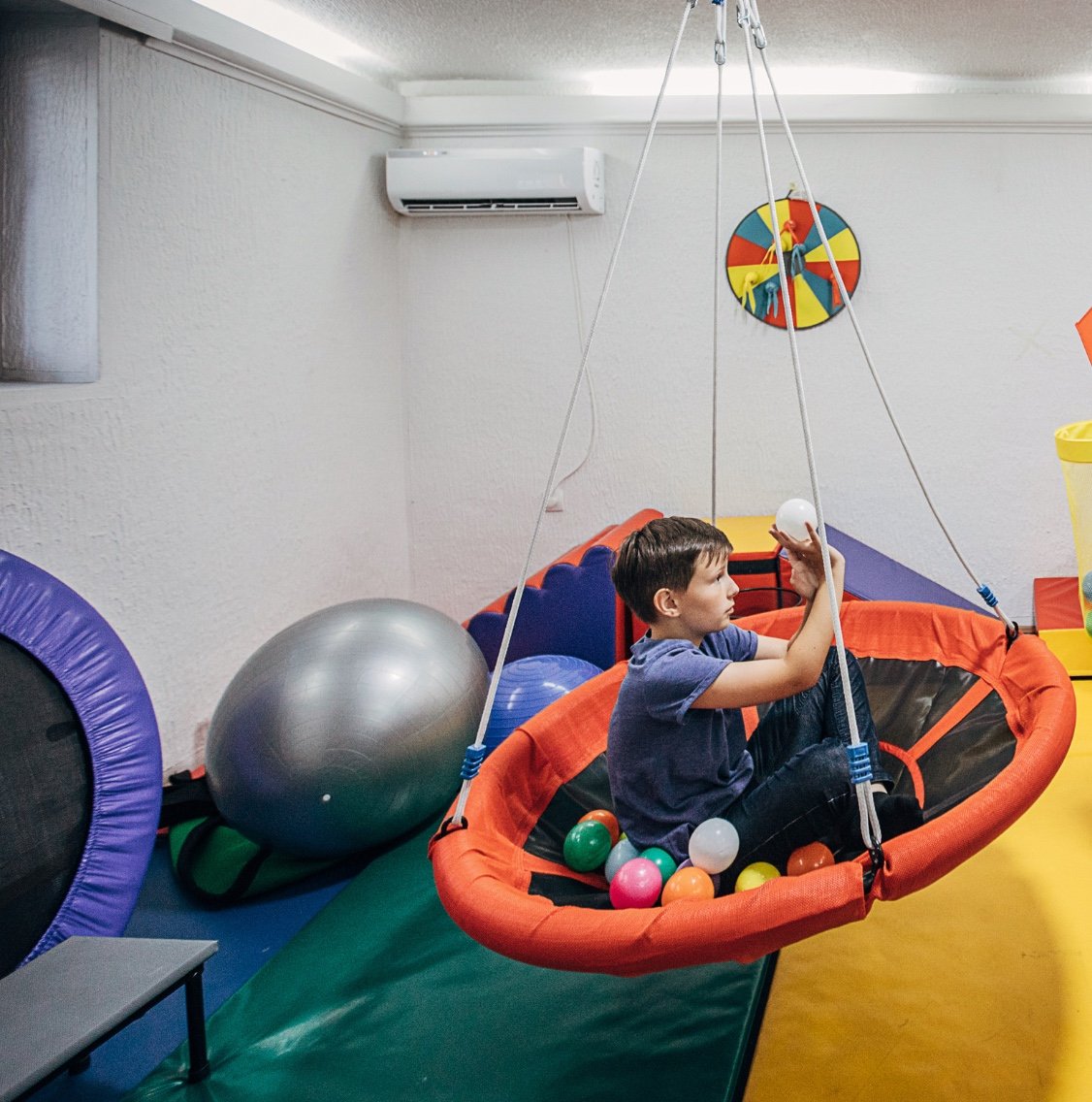
Understanding Interoception: The "Hidden Sense" That Impacts Everyday Life
Interoception, often called the "hidden sense," helps us recognise internal body signals like hunger, thirst, and emotions, playing a crucial role in self-regulation. Children with autism, ADHD, or sensory processing challenges may experience interoceptive differences, leading to difficulty recognising or responding to their body’s needs. Some children may be hypersensitive to internal signals, feeling hunger or a racing heart as overwhelming, while others may be hyposensitive, missing cues for thirst, pain, or bathroom needs. By using targeted strategies such as interoceptive language, body mapping, and mindfulness, therapists and parents can help children strengthen their awareness and improve their ability to self-regulate.
